Flying across time zones can turn your dream vacation into a groggy nightmare. Your body clock gets confused when you suddenly find yourself in a completely different time zone, leaving you exhausted during the day and wide awake at night. Seasoned travelers have discovered clever ways to outsmart jet lag and arrive at their destination feeling refreshed and ready to explore.
1. Start Your Time Zone Shift Before Takeoff
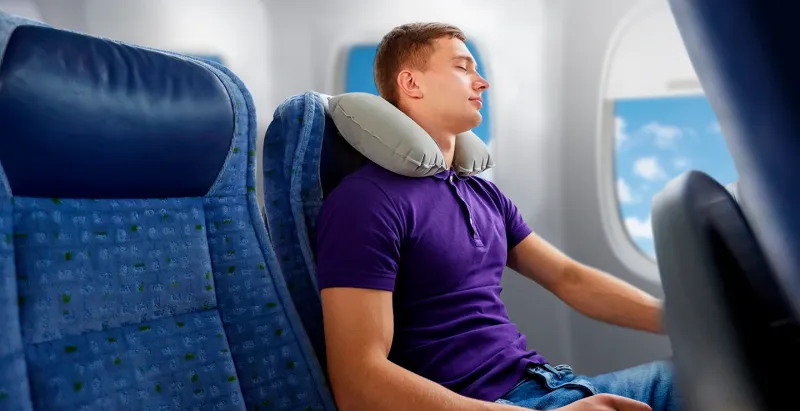
Smart travelers begin fooling their body clocks several days before departure. Gradually shifting your sleep schedule by one to two hours closer to your destination’s time zone can reduce jet lag symptoms by half.
Going east means hitting the pillow earlier each night, while westward journeys call for staying up later. Your internal clock starts adapting before you even board the plane.
Even small adjustments make a huge difference when crossing multiple time zones during long international flights.
2. Hydration Heroes Skip the Cocktails

Airplane cabins suck moisture from your body faster than a desert wind. Dehydration amplifies every nasty jet lag symptom, making you feel worse than necessary.
Experienced flyers drink water consistently throughout their journey, avoiding alcohol and limiting caffeine intake. These beverages mess with your natural sleep cycles and leave you more dehydrated.
Pack an empty water bottle to fill after security, and aim for eight ounces every hour during flight. Your future self will thank you.
3. Sunlight Becomes Your Secret Weapon

Natural light acts like a reset button for your confused internal clock. Twenty to thirty minutes of outdoor sunlight exposure upon arrival works better than any expensive supplement.
Morning arrivals call for immediate sunshine seeking, while evening landings require avoiding bright screens and lights. Your brain uses light signals to figure out what time it should be.
Skip the hotel room initially and take a walk outside instead, even if you feel exhausted from the flight.
4. Power Naps Have Strict Rules
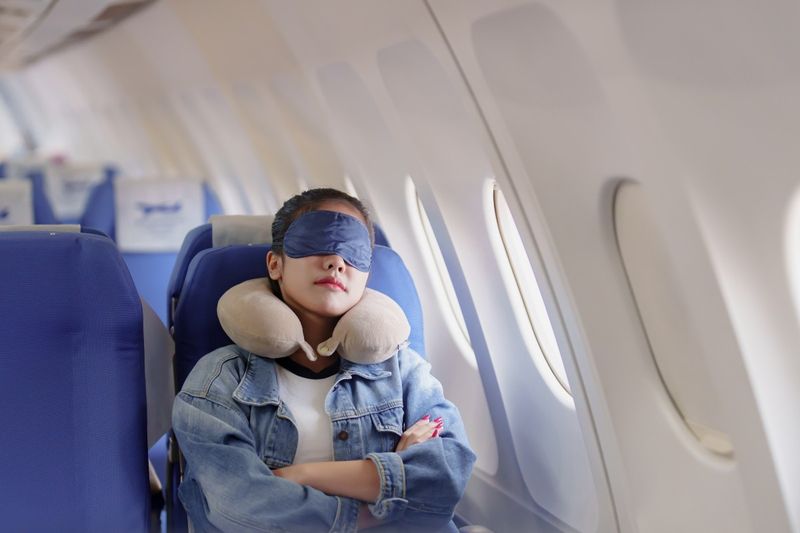
That hotel bed looks incredibly tempting after a long flight, but lengthy naps can sabotage your adjustment efforts. Limit any rest periods to under thirty minutes to avoid disrupting nighttime sleep.
Some globetrotters swear by coffee naps – drinking caffeine right before a quick twenty-minute snooze. The caffeine kicks in as you wake up, providing double energy benefits.
Fight the urge to crash for hours, no matter how tired you feel upon arrival.
5. Movement Beats Airplane Stiffness

Sitting motionless for hours makes jet lag fatigue significantly worse. Your blood circulation slows down, and your energy levels plummet even further.
Walk airplane aisles regularly during flight, stretch in your seat, and plan light exercise immediately after landing. Even fifteen minutes of gentle yoga or outdoor walking can work miracles for your energy levels.
Physical activity helps reset your circadian rhythm while combating the sluggishness that comes from prolonged sitting in cramped airline seats.
6. Eat Like You Already Live There

Your digestive system connects directly to your internal clock through complex biological processes. Eating meals according to your destination’s schedule helps synchronize your entire body faster than just adjusting sleep.
Start shifting meal times a few days before departure, matching breakfast, lunch, and dinner to your future time zone. Stick to lighter foods during transition days to avoid feeling sluggish.
Your stomach can actually help convince your brain that you belong in this new time zone.
7. Natural Sleep Aids Need Testing First

Melatonin supplements and herbal teas like chamomile can help reset your disrupted sleep-wake cycle. Many frequent flyers rely on these natural options instead of prescription medications.
However, never experiment with new supplements during travel – test everything at home first. What works for your travel buddy might give you unexpected side effects in a foreign country.
Start with small doses and see how your body responds before relying on them for important trips abroad.
8. Flight Timing Makes All the Difference
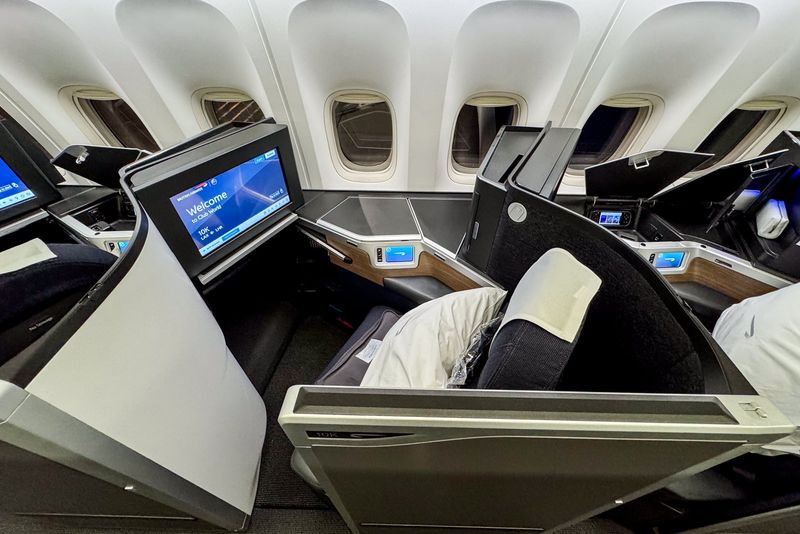
Strategic flight booking can minimize jet lag before it starts. Flights arriving in the evening at your destination allow you to stay awake until local bedtime, jumpstarting the adjustment process.
Red-eye flights often work better for eastward travel since you can sleep during the journey and arrive refreshed. Avoid flights that land in the early afternoon, which create awkward scheduling challenges.
Spend extra money on better flight times – your vacation enjoyment depends on feeling energized upon arrival.
9. Mental Time Zone Switching Starts Immediately
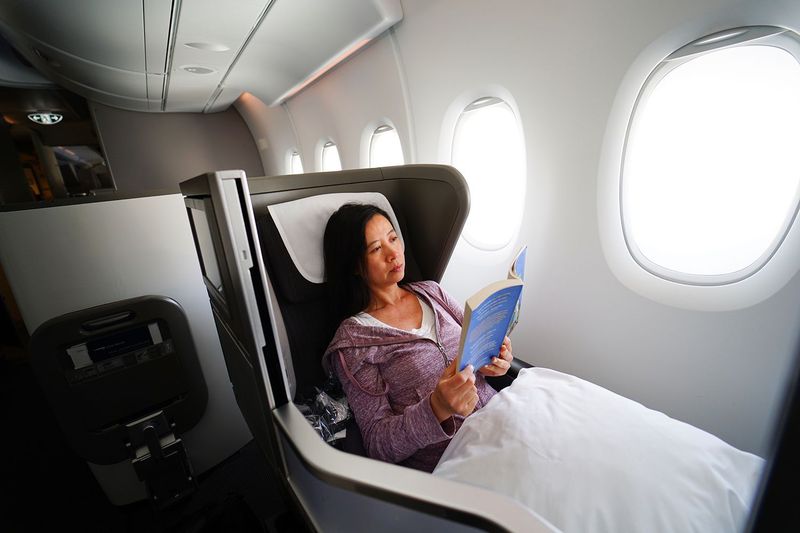
Change your watch and phone to destination time the moment you board your flight. Mental commitment to the new schedule accelerates physical adjustment significantly.
Stop calculating what time it is back home – that mental math keeps your brain anchored to the wrong time zone. Act like you already live in your destination from takeoff onward.
The faster your mindset shifts, the quicker your body follows suit. Commit fully to living in your new time zone immediately.
10. Patience Pays Off During Recovery
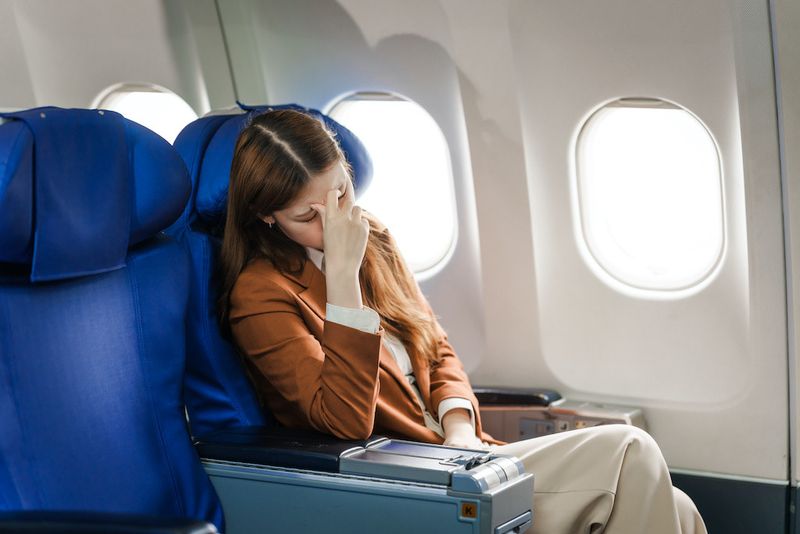
Even perfect preparation cannot eliminate jet lag instantly – your body needs approximately one day per time zone crossed to fully readjust. Accept this biological reality instead of fighting it.
Build buffer time into your travel itinerary for gradual acclimation. Avoid scheduling important meetings or activities immediately after long international flights whenever possible.
These proven strategies make jet lag much more manageable, but complete recovery still takes time. Be kind to yourself during the adjustment period.



